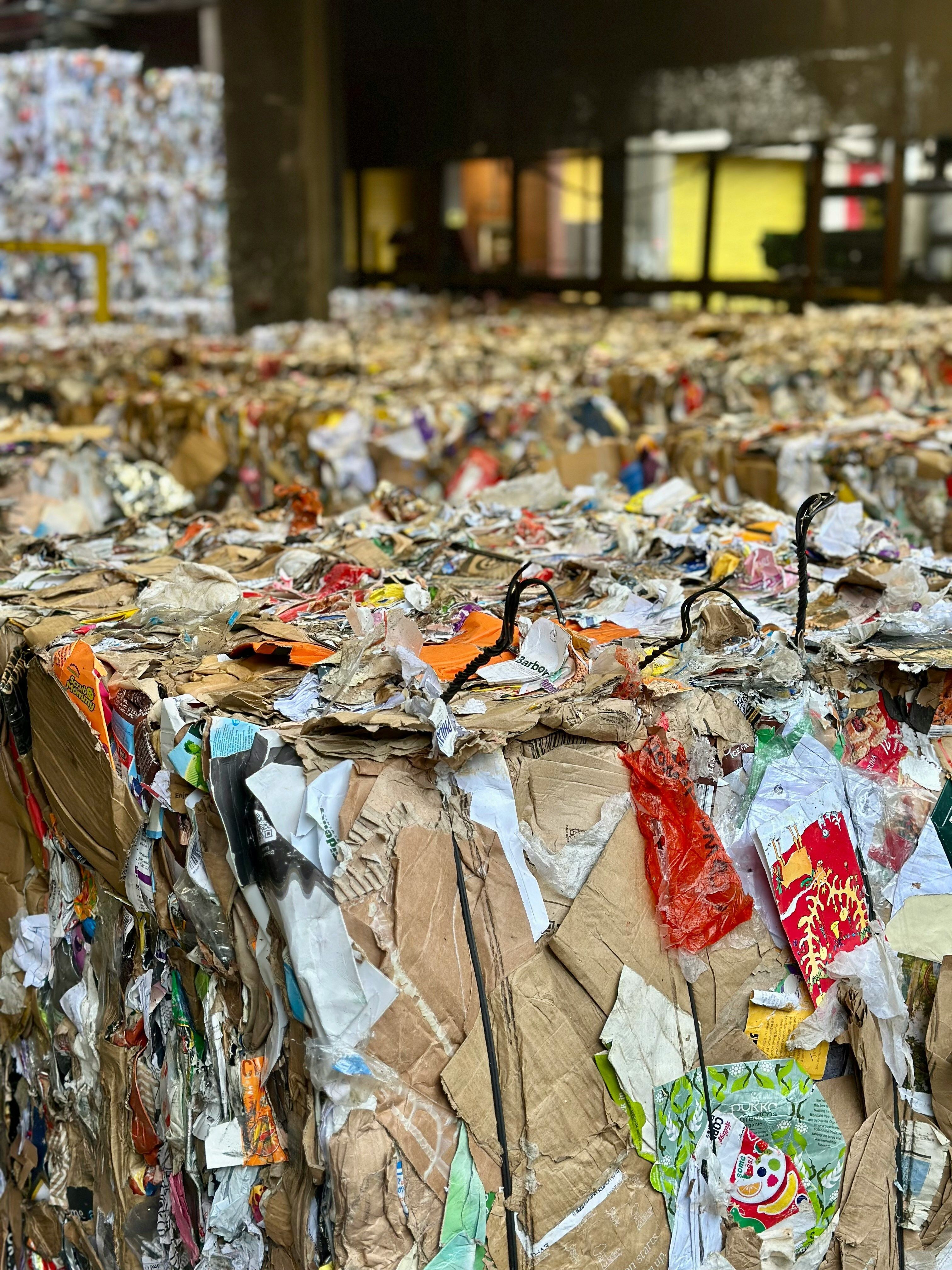-
- The federal government should establish a national database that includes information on existing and proposed recycling capacity.
-
- Reduce waste and increase the amount of recyclable materials recovered for recycling.
- The National Recycling Coalition supports programs and policies for increased recycling and sustainable design where there is broad stakeholder support. -
- The federal government should direct the U.S. Environmental Protection Agency (EPA) to develop a nationally uniform system for state and local governments to measure waste production and recycling rates.
- Standardize definitions of solid waste, municipal solid waste, recyclables, recycled and related terms. -
- The National Recycling Coalition recommends that the federal government allocate staff and resources to facilitate the transfer of information about existing and emerging recycling technologies for all commodities currently recycled from the municipal solid waste stream including, but not limited to, metal, glass, paper, plastics and yard waste.
-
- “Recycling is a series of activities by which material that has reached the end of its current use is processed into material utilized in the production of new products.”
- Processes and activities that harm the growth of recycled materials output and markets and should not be considered recycling.
- Promotion of new technologies and systems for increasing recycling through increased volumes and quality is critical. -
- “Zero Waste is a goal that is ethical, economical, efficient and visionary, to guide people in changing their lifestyles and practices to emulate sustainable natural cycles, where all discarded materials are designed to become resources for others to use.
Zero Waste means designing and managing products and processes to systematically avoid and eliminate the volume and toxicity of waste and materials, conserve and recover all resources, and not burn or bury them.
Implementing Zero Waste will eliminate all discharges to land, water or air that are a threat to planetary, human, animal or plant health.”
- The National Recycling Coalition hereby adopts the ZWIA definition of Zero Waste to clarify what Zero Waste means and encourages its members, stakeholders and other interested parties to adopt this ZWIA definition of Zero Waste as well.
-
- “The National Recycling Coalition endorses and supports a hierarchy of waste management preferences that gives first priority to source reduction, reuse, recycling, and composting to minimize the amount of waste to be otherwise managed.” It further states, “The hierarchy should place primary emphasis on implementing all feasible source reduction, recycling and composting while not precluding communities from considering transformation facilities and landfills to address waste which cannot be reduced at the source, recycled or composted.”
-
- “The term “reuse” means to extend the life of a product, package or resource by either using it more than once with little to no processing (same or new function), repairing it so it can be used longer, and/or sharing, renting, selling or donating it to/with another party. This definition excludes materials used as a fuel substitute and those used for energy production (i.e. incineration).”
The National Recycling Coalition supports reuse and recycling as the most preferred methods of Sustainable Materials Management (SMM).
-
- Composting is a viable strategy for achieving the reduction of this portion of the waste stream.
- The National Recycling Coalition desires to promote composting. -
- The NRC supports deposit return systems for container recovery as a vital strategy to increase the collection and reclamation of clean materials for recycling into new materials.
-
- The federal government should direct the EPA to establish aggressive, achievable national source reduction, recycling and recovered material utilization goals where recycling goals and utilization goals are in balance.
- States should be required to annually report their progress in meeting national recycling goals.

